In 2020 I truly wanted to do a deeper dive into some introspective work. I wanted to have a better understanding of myself, about how I connect and function within different relationship scenarios. I wanted some entity to provide me rationale for the thoughts I’ve conceptualized around connection, love, and relationships even from a young age. Hence, this post: self work & relationships. Below are five books I ended up reading on the matter. I will pretty much give a brief overview of the book and try to include excerpts that resonated with me.
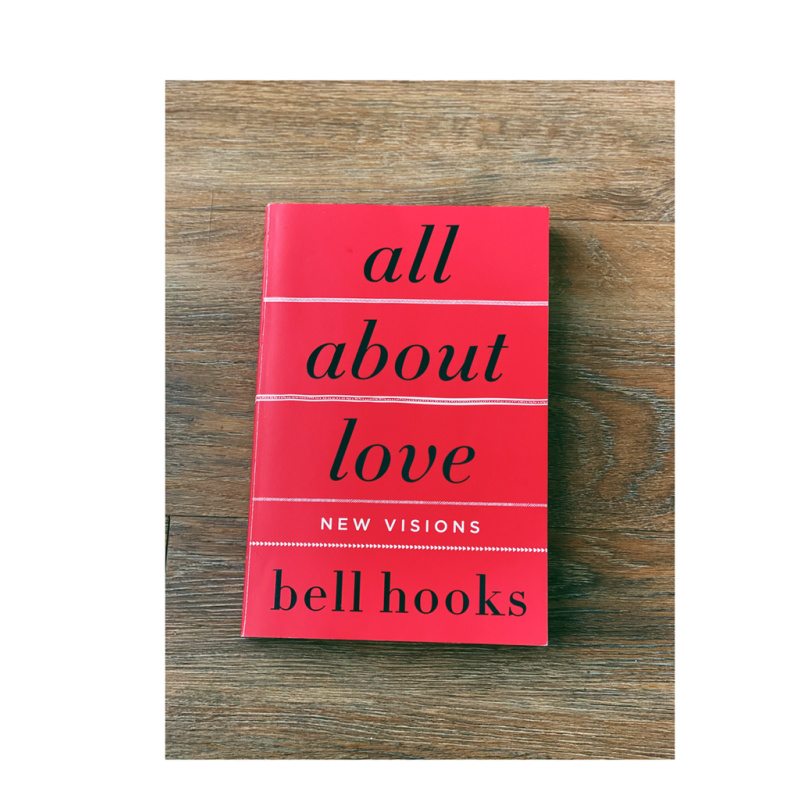
All About Love by bell hooks: A work that explores answers to the question “What is love?,” bell hooks helps us to first understand its definition and its action. She takes us on the journey on how it is conceptualized in childhood and how it evolves into adulthood. Of course love isn’t mutually exclusive from everything else. She also talks about love in culture, sex, intimacy, desire, abandonment and the like. She points out vulnerable topics that many of us may be too afraid to stare in the face.
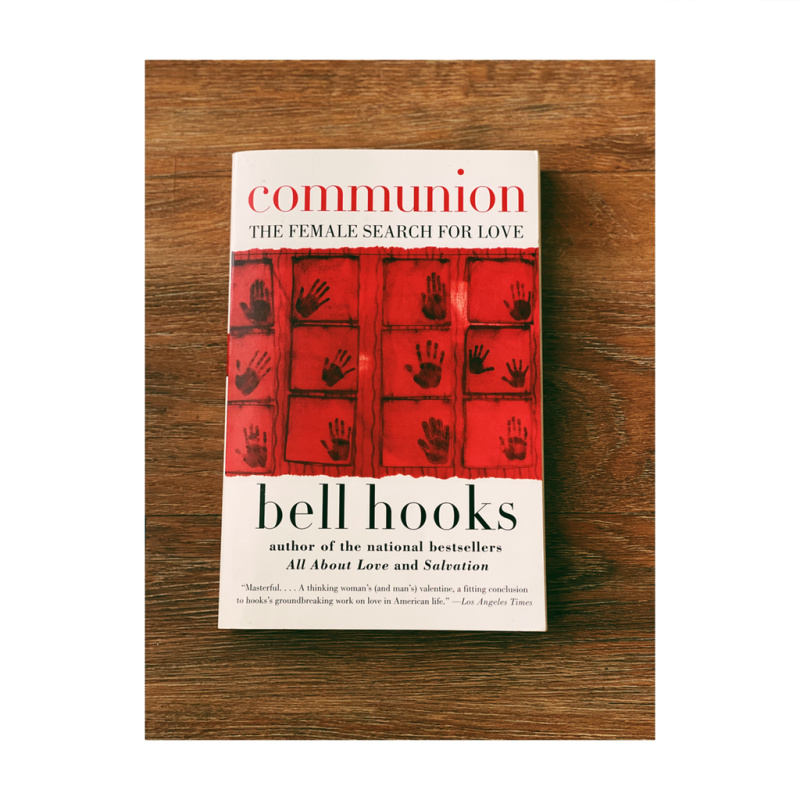
Communion–The Female Search for Love by bell hooks: Whew! So, this one really explored the evolution of the love experience from girlhood to womanhood. bell hooks presents a woman’s perspective from looking for love, work and love, to the power struggles of love, love between generations, same sex love and romantic friendships. Though published in 2002, bell hooks recounts her own personal experiences from the late 1960s-1980s and gives special attention to feminist theory and patriarchal influence.
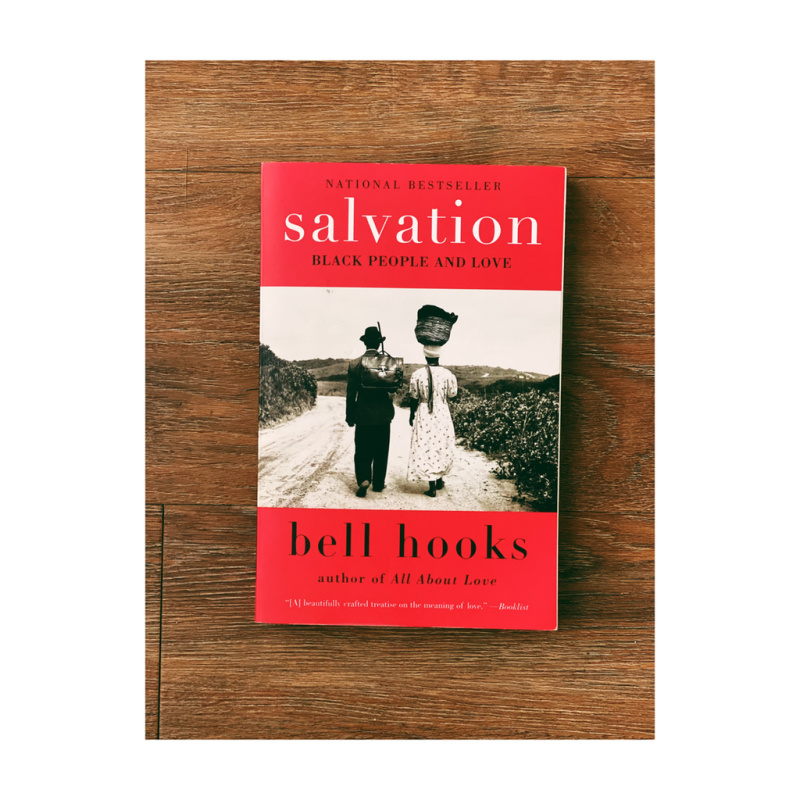
Salvation–Black People and Love by bell hooks: As the title suggests, bell hooks blends the concepts of black people in love and relationships but within the constructs of a broken America. She writes about how black people connect to maintain some sense of community from slavery, through the segregation era of the 60s-70s, to the more present genre as influenced by patriarchy, capitalism, and consumerism.
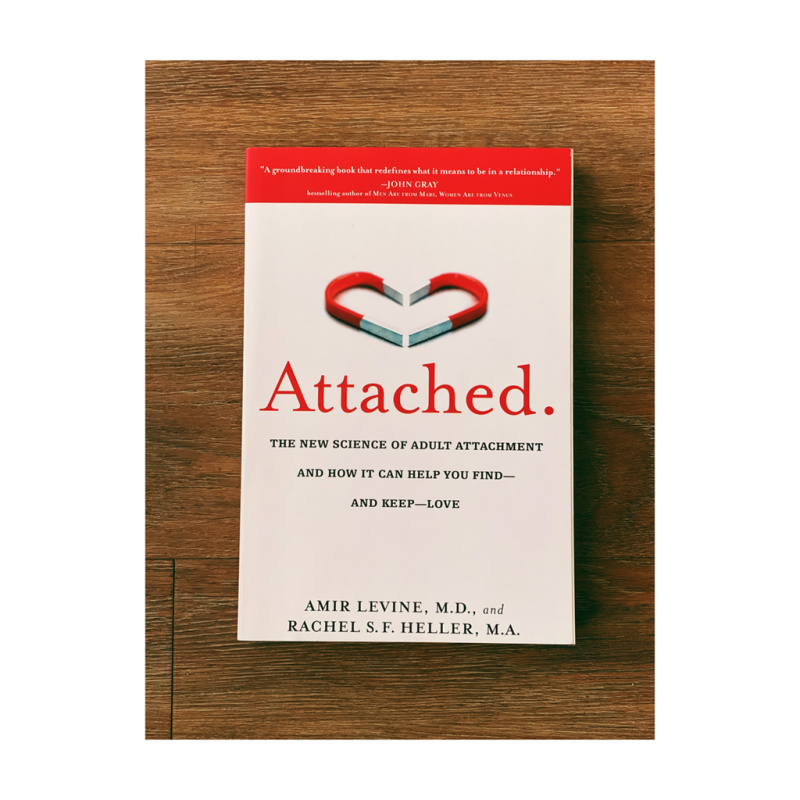
Attached by Amir Levine: So, you want to know what your attachment style is in relationships? This is the read. My therapist, based on several conversations we’d already had, could identify my attachment style. At the time, I was into reading everything and wanted to have more information about it so I purchased it. There are (3) attachment styles: secure, anxious, and avoidant. Within the book are assessments that you can take for yourself and for your partner (or someone you may be dating). Of course you can be a combination of the three, but the assessment highlights your “majority” attachment style. The co-authors really lay out each attachment style and the behaviors, personalities, and patterns that come with it.
Secure: people feel comfortable with intimacy and are usually warm and loving.
Anxious: people are often preoccupied with their relationships and tend to worry about their partner’s ability to love them back.
Avoidant: people equate intimacy with a loss of independence and constantly try to minimize closeness.
Once you identify your style, the authors offer ideas for building stronger relationships (if you’re already in one) and more fulfilling connections (if you’re dating) as it pertains to a specific attachment. It’s really just a solid read if you want to look introspectively as to why you’re attracted to certain people and how you can embrace your attachment moving forward.

Facing Love Addiction by Pia Melody: This one was another therapist recommendation. “Facing Love Addiction” was a good follow-up read to “Attached.” It married attachment styles to codependence/love addiction. Initially, I was taken aback by the title and wasn’t sure this one would resonate with me but it actually is also quite informative by discussing love “addiction” like any other addiction such as drugs, alcohol, sex, gambling.
Pia writes about real experiences and case studies that “clarify the distinction between impairments in the relationship with our self and unhealthy entanglements in relations with others…show how our childhood experiences of abandonment influence our choice of romantic partners, friends, and associates…detail the tango-dance interactions between co-addicts that activate one another’s primary fears and actually bring out the worst in each other” (synopsis from back of the book).
I’ve always been the type of person that wants to constantly learn and evolve. I’m always curious about why I think the way I do, behave the way I do, or fall into certain patterns. Being quarantined most of last year and choosing to self-isolate really triggered a fascination within me about how I view love and connection and how that plays out in my relationships. I spend so much of my time focusing mostly on my professional side–goals and career–that I have neglected nurturing personal development in the areas of love and human connection. So, this was my starting point–talking to my therapist about it often, reading, and then being able to call myself out as I see them happening in real-time.
That’s it and that’s all. That’s the post. Happy Valentine’s Day.
Read my previous post here.

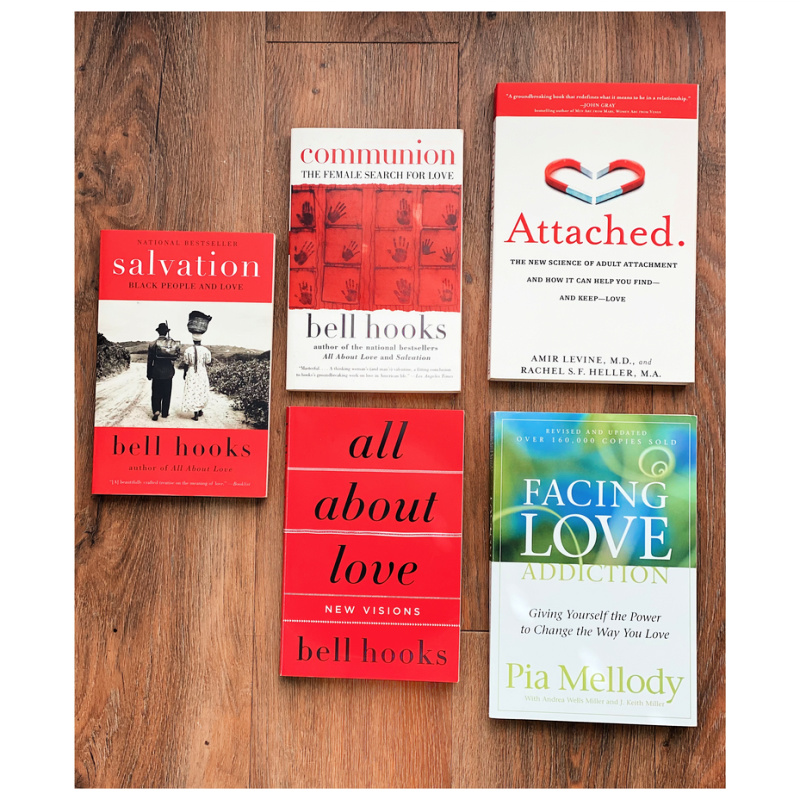
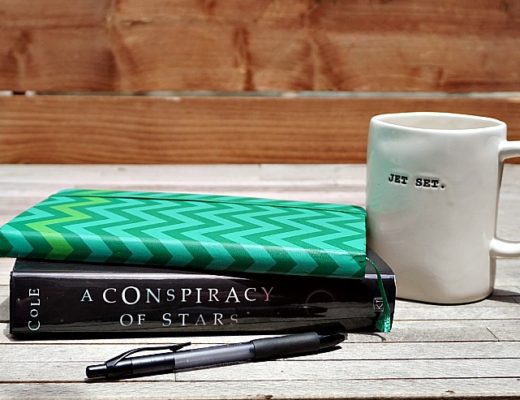
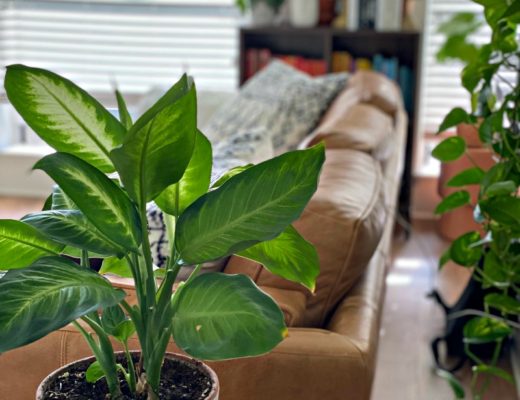
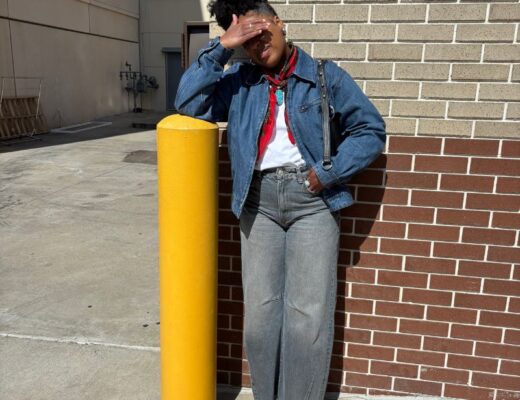

No Comments